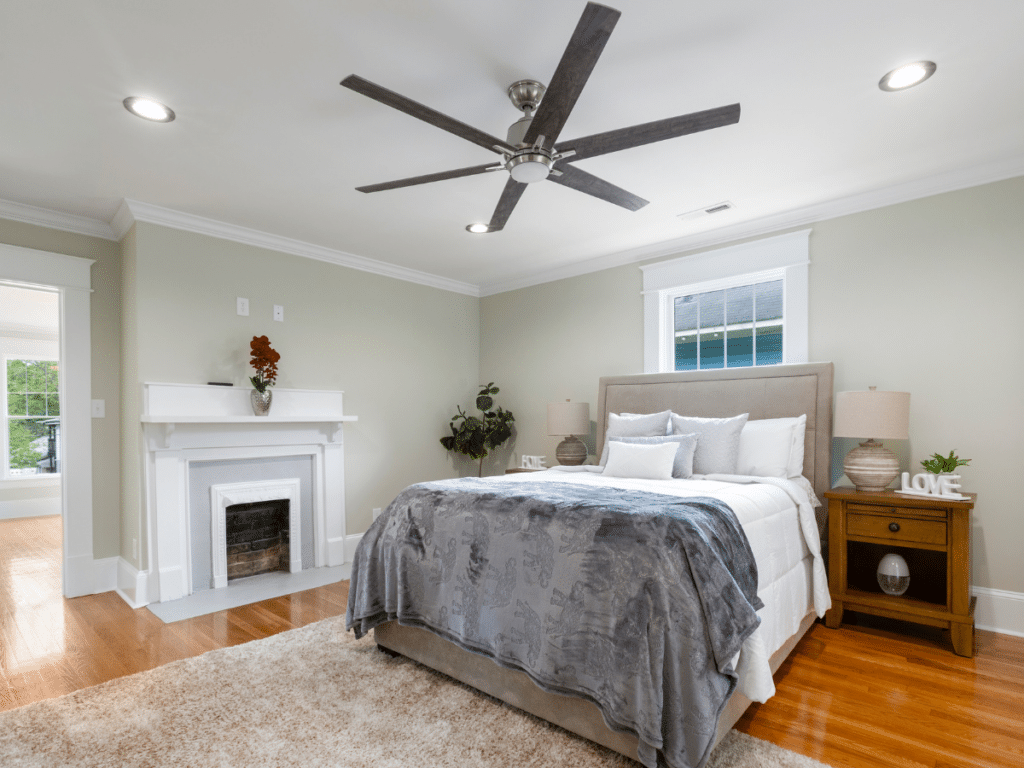Maintaining a comfortable home in Georgia’s climate can be a challenge, especially when trying to keep energy costs down. That’s why we’re bringing you some practical energy-saving tips to optimize your HVAC system for efficiency and comfort.
Let’s break these tips down into easy, manageable steps for year-round maintenance!

1. Regular Filter Changes: The Simplest Step to Efficiency
One of the easiest yet most effective ways to maintain your HVAC system is by regularly changing the air filters. A clean filter improves air flow and efficiency, reducing strain on the system. Aim to change your filters every 1-3 months, especially during high pollen seasons in Georgia.
2. Seasonal Inspections: Preventative Care
Schedule professional HVAC inspections with HendrixAir twice a year. These check-ups in spring and fall ensure your system is ready for the demanding summer heat and winter chill. Regular inspections can catch small issues before they turn into costly repairs.
3. Smart Thermostat: Tech for Comfort and Savings
Installing a smart thermostat can significantly reduce energy usage. These devices adjust the temperature based on your schedule and preferences. You can also monitor and change settings remotely, perfect for those hot Georgia days when you need to cool the house before you get home.
More > Smart Home Integrations for HVAC
4. Seal Ducts and Insulation: Keep the Good Air In
Leaky ducts and poor insulation can lead to significant energy loss. Ensure your ductwork is properly cleaned, sealed, and insulated, especially in attics and crawl spaces. This simple fix can improve system efficiency and reduce energy bills.
5. Vents and Registers: Unblocked and Clean
Keep your home’s vents and registers unblocked and clean. Furniture or drapes covering vents can restrict air flow, forcing your HVAC system to work harder. Regular cleaning also prevents dust build-up, which can impact air quality and system performance.
6. Use Ceiling Fans: Boost Efficiency
Ceiling fans may not actually cool your home like your AC, but they can take a load off the system as a whole. By circulating air, they can make rooms feel cooler in the summer and distribute warm air in the winter. This allows you to adjust your thermostat a few degrees, saving energy without sacrificing comfort.
7. Window Treatments: Smart Use for Temperature Control
Utilize window treatments to your advantage. During summer, close blinds or curtains to block out heat, and in winter, open them to let in natural warmth. This simple habit can reduce the burden on your HVAC system, leading to energy savings.
8. HVAC System Upgrade: Investing in Efficiency
If your system is older, consider an upgrade. Modern systems are far more energy-efficient, and while the upfront cost may be higher, the long-term savings on energy bills and repair costs can be significant. HendrixAir can advise on the best options for your home.
More Tips > Save Energy, Save Money
9. Landscaping: Nature’s Way of Helping
Strategic landscaping can protect your home from harsh weather elements. Planting trees or shrubs to provide shade can reduce the cooling needs in summer. Just make sure not to block airflow around your outdoor HVAC unit.
10. Program Your Thermostat: Set It and Forget It
Make use of programmable thermostat settings. Setting a schedule that lowers the temperature when you’re not home or asleep can lead to substantial energy savings without impacting your daily comfort.

HendrixAir: Your Partner in Efficient Home Comfort
At HendrixAir, we’re committed to helping Georgia homeowners enjoy efficient, comfortable homes. By following these simple energy-saving tips, you can optimize your HVAC system, reduce your energy bills, and contribute to a more sustainable environment.
Whether it’s routine maintenance, system upgrades, or more tailored energy-saving solutions, HendrixAir is here to help. Reach out to us for expert advice and services that ensure your HVAC system is not just functional, but also a model of energy efficiency.
